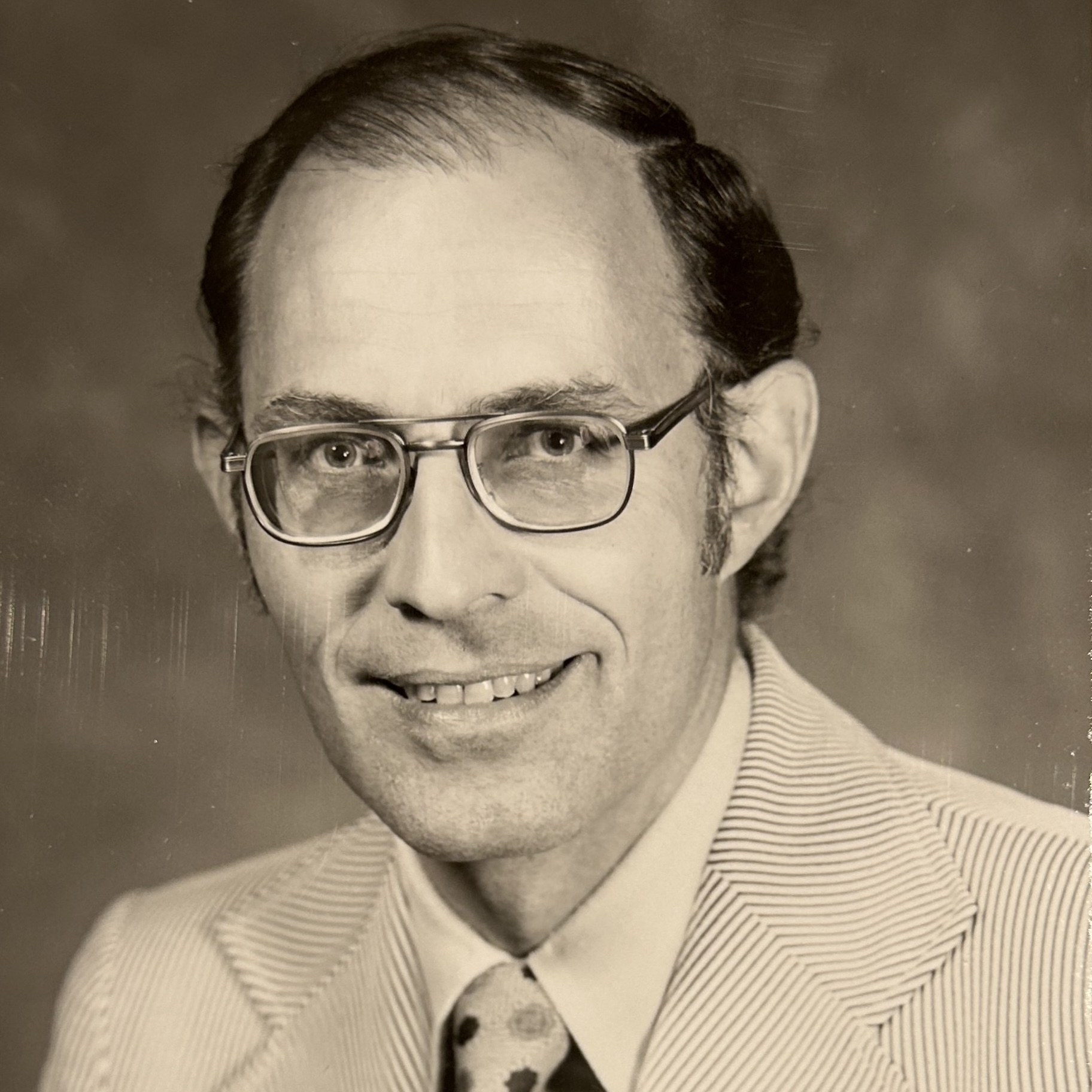https://rsc.byu.edu/joseph-hyrum-leading-one/power-them
written with Mark E. Mendenhall as a chapter in the book Joseph & Hyrum: Leading as One
The Prophet Joseph Smith held up Zion to the Latter-day Saints as a perfected and celestial organization marked by the unity of its members. We each covenant to build up Zion, that individual and communal condition where everyone is of “one heart and one mind” (Moses 7:18), but often we are unsure how to go about it. How do we as individuals, who differ so much in our opinions, temperaments, and backgrounds, arrive at that kind of unity?
If Zion means to be of “one heart and one mind” with others, then there must be a process for achieving it. That revealed process is the council system. [1] When we understand how to use councils as the Lord does, and when we conform our souls to the principles necessary to properly counsel together, we will find the joy of Zion we so desperately seek. But even though prophets have taught and still teach the eternal principles of councils to us, we seem to miss their message. Maybe we fall short because we lack experience with effective councils. Maybe we are listening less to the prophets than to our own ideas—for, unknowingly, we may often drag principles we have learned from society, business, family background, or the education system into our families and our Church callings. Until we learn how to counsel together in the Lord’s kind of council, we will not reach the Zion we ache for in our hearts.
The council system was not only revealed to the Prophet Joseph Smith, but it was restored through him. As early as 1831, the Prophet was actively using committees to govern the Church; by 1834 he was teaching Church leaders the principles of governing by council that he had learned through revelation. [2] As he was taught line upon line, precept upon precept how the Church should be organized (e.g., with quorums, bishoprics, the Relief Society), he also taught that every unit of the Church should be governed according to the council system. [3]
The First Presidency and the Quorum of the Twelve Apostles govern themselves according to the principles of the council system, [4] and they have desired that the council system be learned and applied at all levels of Church administration—especially within the family. [5] However, as a people, the Latter-day Saints do not always fully understand and apply the principles of the council system. [6]
A council in the kingdom of God is both an organizational unit and a way to manage that unit. [7] Councils are not merely meetings where calendars are coordinated and assignments are distributed. Councils are organized so we can learn and apply the principles of love and service; so we can plan, analyze problems, and make decisions to move forward the kingdom of God. [8] In short, councils are the means by which we experience the joy of Zion.
This chapter reviews the principles and processes of councils as taught by the Prophet Joseph and succeeding prophets and apostles, and it shows how Joseph and Hyrum applied these principles. Born into a family that counseled together frequently, Joseph and Hyrum were no doubt prepared to understand the importance of the council system to the building up of the kingdom of God. The Smith family often held family councils. For example, in 1816, after three years of crop failures, they met as a family to consider relocating to New York: “We all now sat down and maturely counseled together as to what course it was best to take, and how we should proceed to business in our then destitute circumstances. It was agreed by each one of us that it was most advisable to apply all our energies together and endeavor to obtain a piece of land, as this was then a new country and land was low, being in its rude state.” [9]
[ Read the rest of the chapter here ]